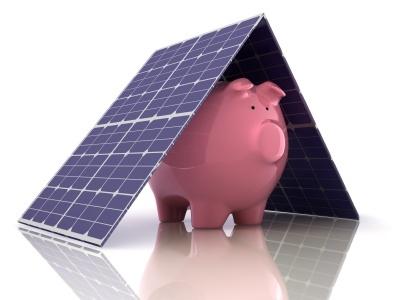Incentives for Victorian households to install rooftop solar panels would be slashed under a shake-up proposed by the state government’s productivity adviser.
In a draft review released last week, the Victorian Competition and Efficiency Commission (VCEC) recommended that energy companies be mostly free to set the price paid to households for solar power they feed back into the electricity grid. If accepted by the government, the changes would follow most states in slashing prices paid for solar energy amid complaints they increase electricity prices for all consumers and are a costly way to cut carbon emissions.
The commission’s proposals have been attacked by clean energy and environment groups, but won backing from energy-intensive industry.
VCEC commissioner Deborah Cope said the proposed changes aimed to remove inefficiencies, hidden cross-subsidies and market distortions. “Overly generous subsidies are regressive as they increase energy prices for everyone, including renters and other consumers who do not have the capacity to invest in solar PV systems,” she said.
Households now get 25¢ for each kilowatt-hour of power they feed into the grid. The government cut the price from 60¢. The commission recommends closing the 25¢ feed-in tariff at the end of 2013, or when 75 megawatts of generation capacity is installed.
Energy retailers would then have to offer a minimum ”fair and reasonable price” up until the end of 2015.
That rate – in effect the wholesale electricity price – is estimated to be around 6 to 8¢ a kilowatt-hour.
The draft report also recommends measures to cut red tape for connecting rooftop solar and other small and medium-sized clean energy power schemes to the electricity grid, such as simplifying connection paperwork and speeding up connection time.
State Treasurer Kim Wells said the government believed in ”a fair reward” for feeding renewable and low emissions energy into the grid. ”We will await the commission’s final report in July before responding,” he said.
The Clean Energy Council’s policy manager, Darren Gladman, said the draft recommendation could mean consumers will end up missing out on as much as half the money they should be entitled to for their solar power.
”The Clean Energy Council has analysis to show that the fair and reasonable price for solar power is between 12 and 16¢ per kilowatt-hour,” he said. ”The VCEC draft report suggests a range of 6 to 8¢.”
Roman Domanski, executive director of the Energy Users Association of Australia’s, said feed-in tariffs were a costly way to support renewables.
He said the commission’s proposals seemed on the face of it to be moving in the right direction because they were making inroads into inefficiencies in the system.
Opposition energy spokeswoman Lily D’Ambrosio said if the government’s report did not include a design for a gross feed-in tariff scheme, ”they will have broken a key election commitment”.



